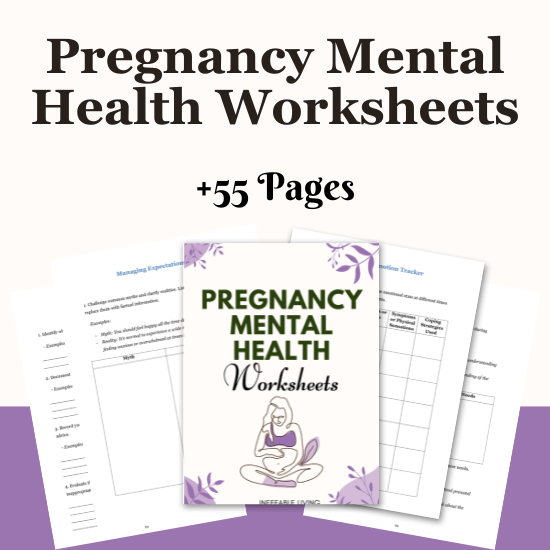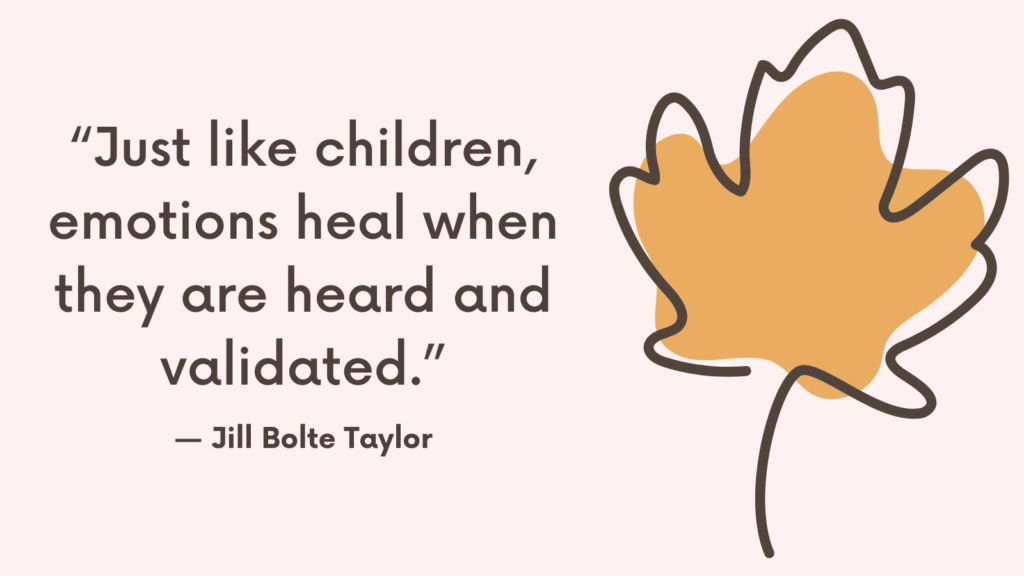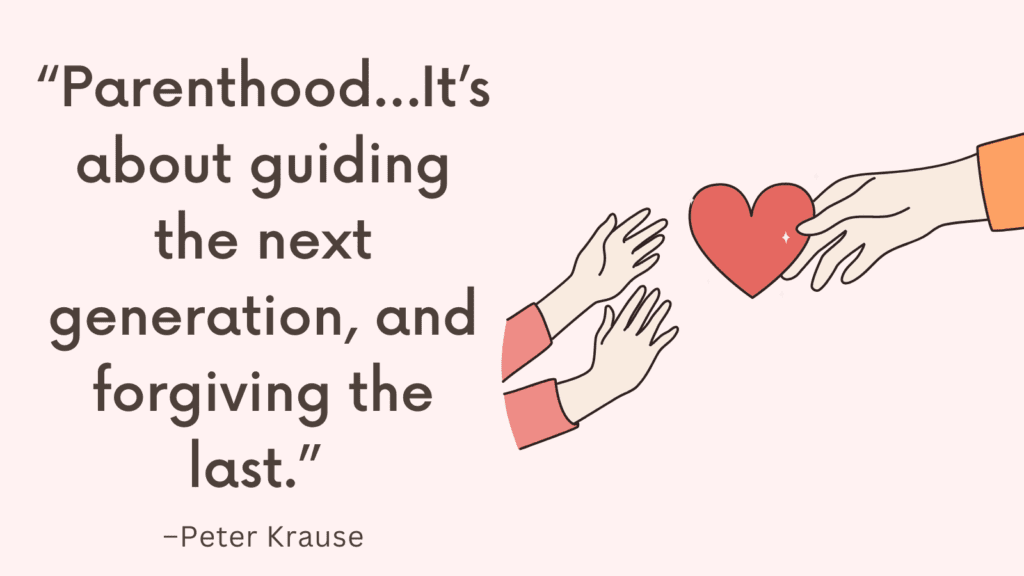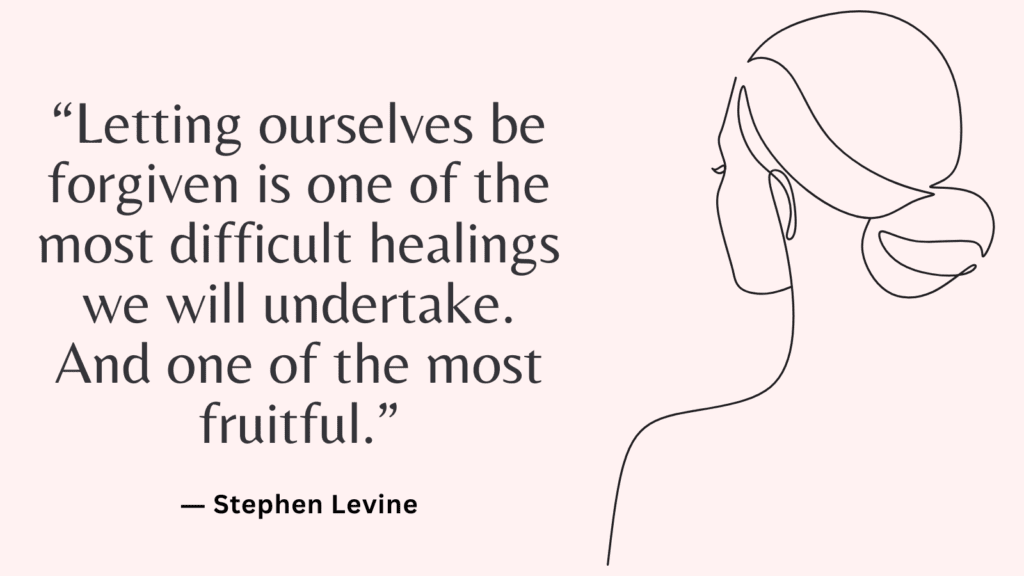Pregnancy after loss is a journey of hope wrapped in fear. You may feel joy, but it’s guarded. You want to connect, but you’re scared to hope too hard. The world may expect you to celebrate—but part of you is still grieving. This kind of pregnancy is different. Tender. Fragile. Courageous. It’s okay if it doesn’t feel magical. It’s okay if it feels like holding your breath. Here’s how to cope, gently and honestly.
When Joy and Grief Exist Together
Pregnancy after a miscarriage, stillbirth, or neonatal loss is emotionally complex. You might have longed for this moment—yet feel overwhelmed by fear, guilt, or emotional numbness.
This is not just a new pregnancy. It’s a new pregnancy carried inside a heart that has known loss.
You might find yourself:
- Holding your breath at every ultrasound
- Not wanting to “get too excited”
- Expecting bad news even when things seem fine
- Feeling disconnected from your baby to protect yourself
- Comparing this experience with the one you lost
These feelings are common. You are not broken—you are grieving and hoping at the same time.
Why Pregnancy After Loss Feels So Different
Your sense of safety is forever changed
You no longer believe “everything will be okay”
You carry trauma in your body, and your nervous system remembers
You feel pressure to be grateful, even while terrified
You may feel alone—because people expect you to “move on” now
This isn’t just about growing a baby. It’s about healing your relationship with hope.
There Is No “Right Way” to Feel
You may feel connected—or emotionally distant
You may be counting down days—or avoiding the calendar altogether
You may cry out of fear one day, then joy the next
You may protect your heart in quiet ways no one else sees
Let your process be what it is. This is your path. Not a repeat. Not a replacement. A new story, still unfolding.
Here are gentle ways to navigate this sacred and tender experience.
How to Cope With Pregnancy After Loss?
1. Let Go of the Pressure to “Feel Excited”
You may not feel joyful right away—or at all. That doesn’t mean you don’t care. It means you’re protecting your heart. Your experience is still valid and worthy.
2. Acknowledge That This Is a Different Pregnancy
It’s not a redo. It’s not a replacement. It’s a new story—one that exists alongside your grief, not instead of it. Say:
“This pregnancy has its own space. My love for both can coexist.”
3. Allow the Grief to Travel With You
You don’t have to leave your grief behind to move forward. Let it walk beside you. There will be moments of sadness, fear, or even guilt—and all of that is normal.
4. Create Grounding Rituals for Safety
When the anxiety spikes, try simple rituals:
- Place a hand on your belly and breathe
- Light a candle for the baby you lost
- Say: “In this moment, I am pregnant. In this moment, I am safe.”
These practices calm your nervous system and build presence.
Related: Scared of Birth? How to Manage Tokophobia With Compassion
5. Limit Exposure to Overwhelming Conversations or Content
Avoid stories, forums, or people that trigger panic. You’re allowed to protect your peace and curate your emotional environment.
6. Be Honest With Your Care Team
Tell your provider:
“This is a pregnancy after loss. I have extra fears.”
Ask for extra scans, more frequent check-ins, or whatever you need to feel supported.
7. Say No to Toxic Positivity
You don’t have to “just stay positive.” Hope and fear often sit side by side. Say instead:
“I’m holding cautious hope.”
“I’m doing the best I can with the unknown.”
8. Name the Guilt If It Arises
You may feel guilty for being pregnant again. Or for not being more joyful. Or for moving forward. Guilt doesn’t mean you’ve done anything wrong—it means your love is still grieving.
9. Create a Safe Connection With This Baby—In Your Own Time
You don’t have to bond instantly. You can connect gently: through music, letters, or soft touch. You’re allowed to let that connection grow slowly.
10. Get Emotional Support—You Shouldn’t Carry This Alone
Join a support group, talk to a therapist, or connect with others who understand pregnancy after loss. You deserve a space where your grief, fear, and joy are all welcome.
Related: The Silent Panic of a Perfect Pregnancy: Coping With Hidden Fears

Conclusion
Pregnancy after loss is not just a physical experience—it’s an emotional tightrope. You’re not weak for feeling afraid. You’re not broken for grieving and hoping at the same time. You are surviving something sacred and painful—and you are doing it with extraordinary strength. One breath, one heartbeat, one quiet day at a time.



